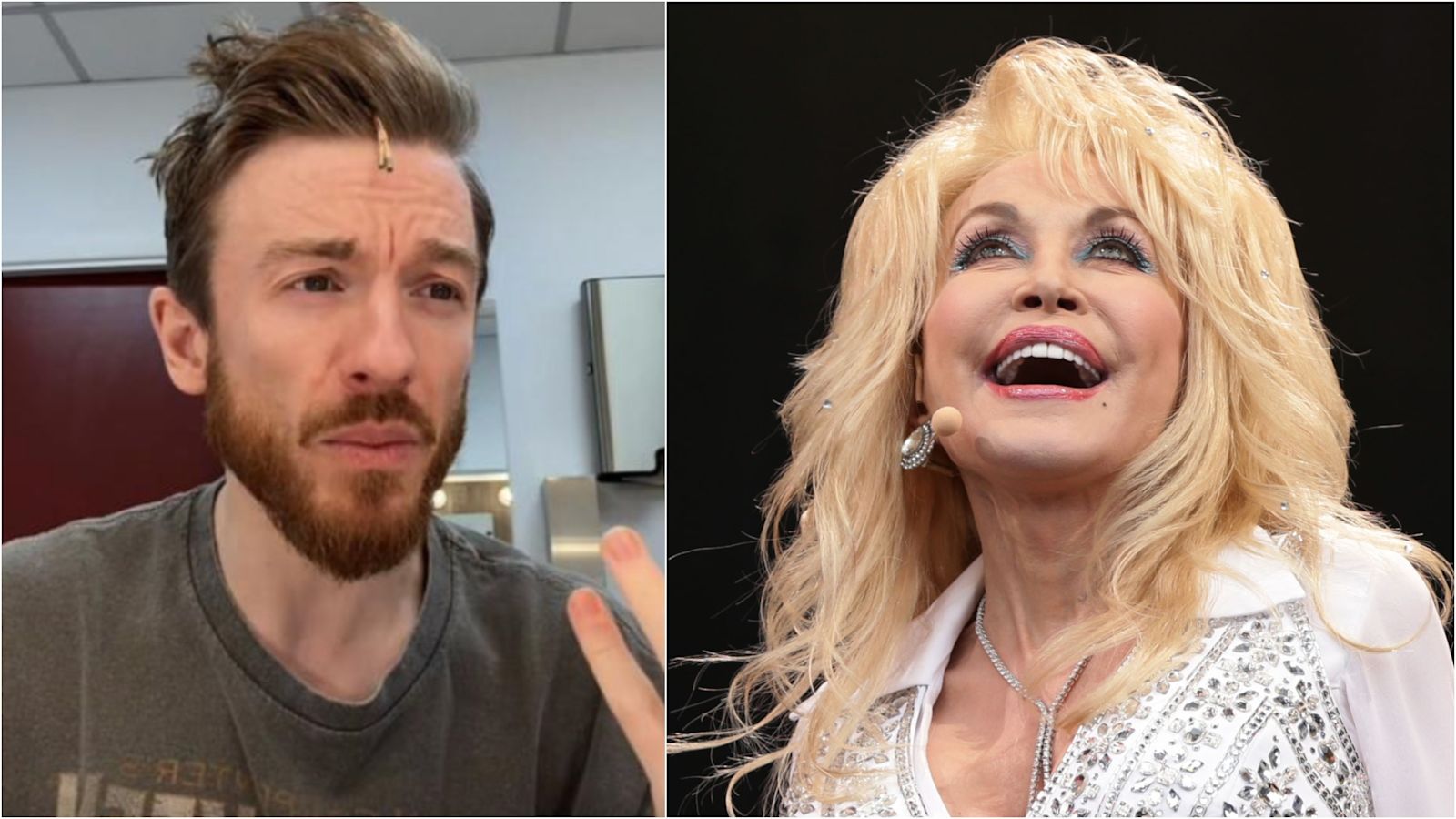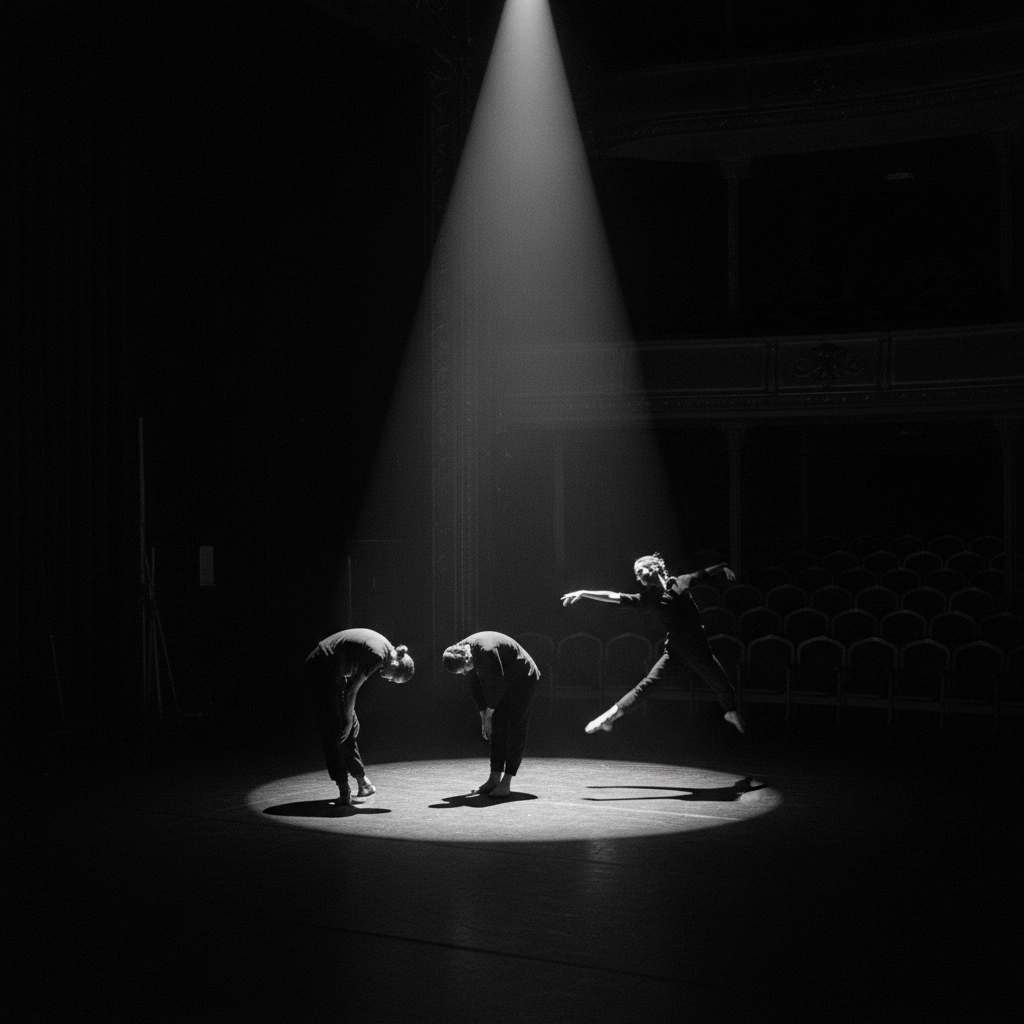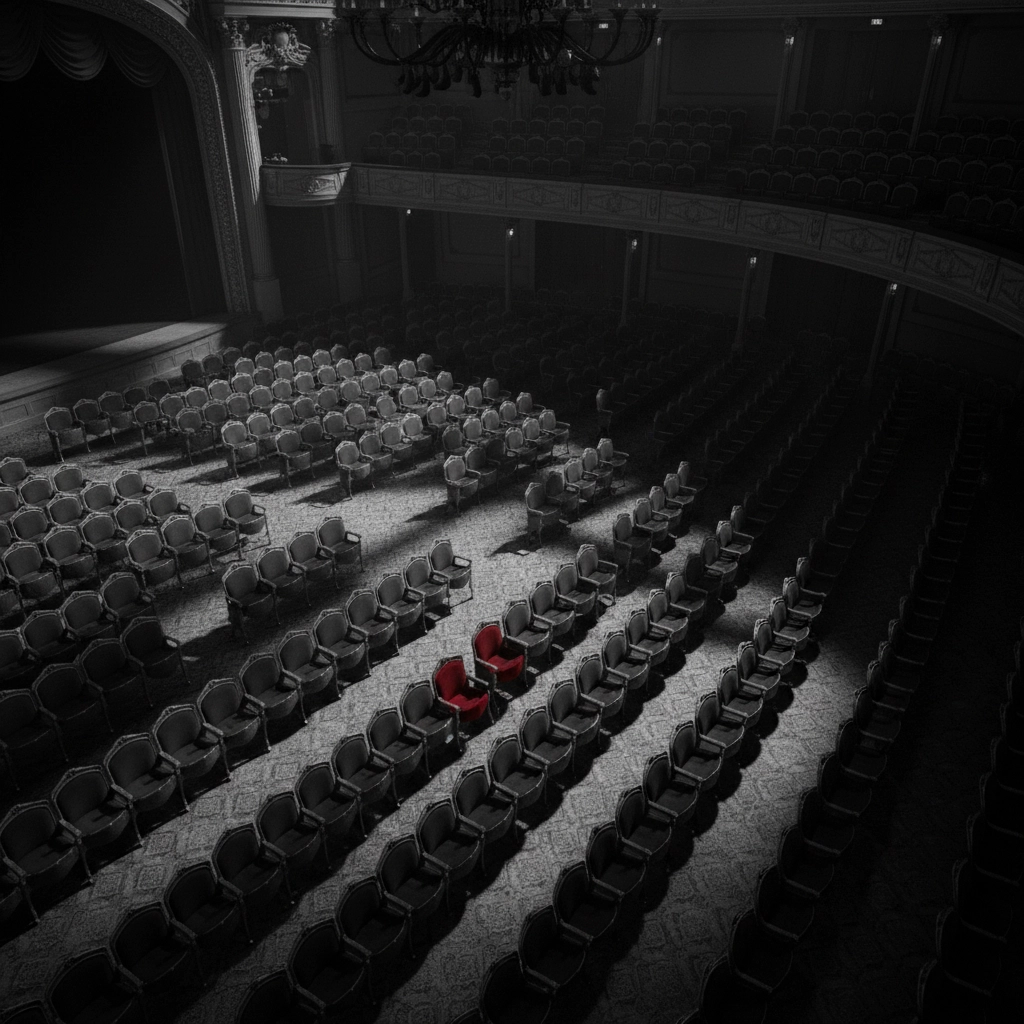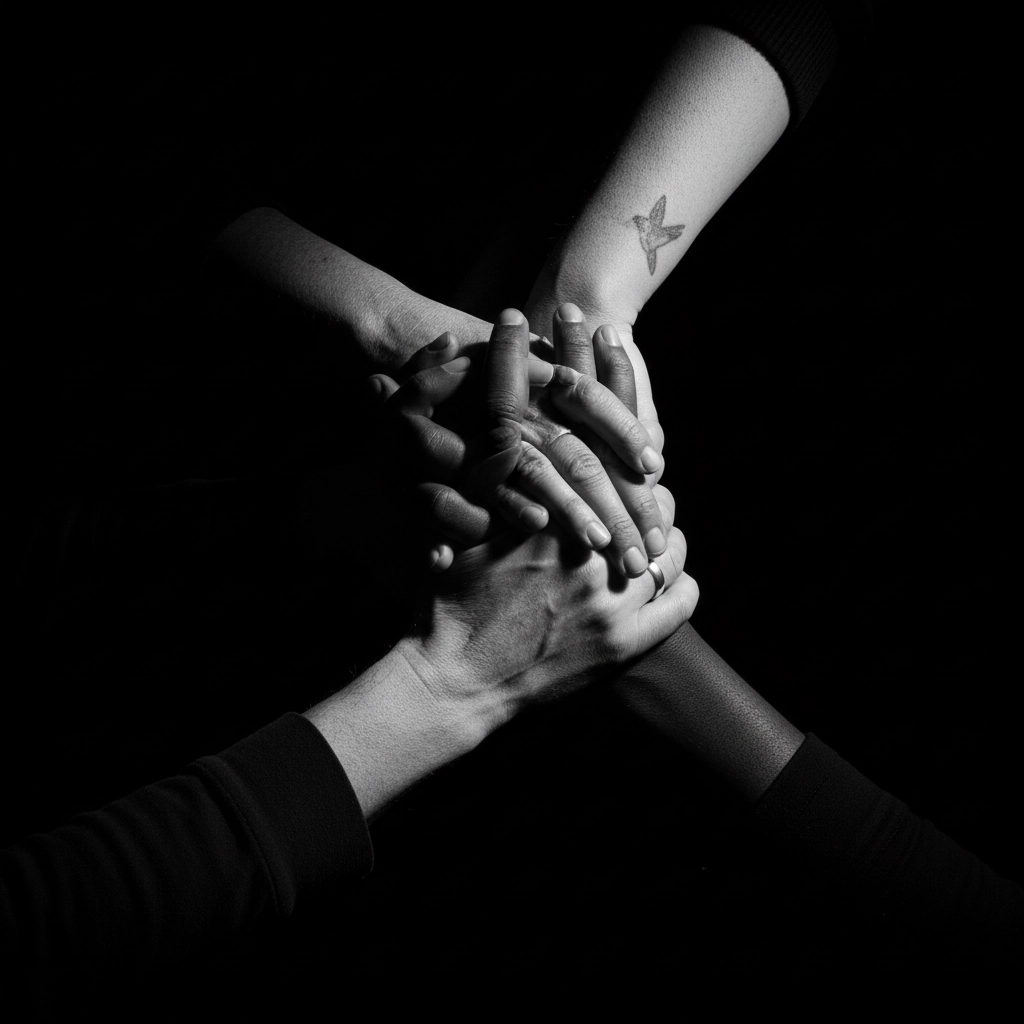What Happens When Theatre Meets Intolerance? A Dolly Parton Musical's Salacious Showdown
- Anthony Cimino-Johnson
- Nov 7, 2025
- 5 min read
Let's talk about the juicy side of theatre: the drama that happens when the curtain's up, but it's not coming from the script. Recently, Manchester's theatre scene became the backdrop for a showdown that had nothing to do with choreography and everything to do with character. A Dolly Parton-themed musical hit a wall harder than a diva missing her high note, and the culprit? An audience member who apparently missed the memo that Dolly's been serving rainbow realness since before most of us were born.

When the Show Must NOT Go On
Picture this: You're watching "Here You Come Again," a musical celebrating the goddess herself, Dolly Parton, when suddenly someone in the audience decides to turn the theatre into their personal soapbox of hate. During a February performance at Manchester Opera House, a woman began shouting homophobic slurs at a gay character on stage. The cast did what any self-respecting group of artists would do: they walked off. Twenty minutes of suspended animation while security handled what should have been handled by basic human decency.
But here's the kicker: this wasn't a one-off incident. Actor Stevie Webb, who plays Kevin in the production, revealed that similar disruptions were happening nearly every week. Every. Single. Week. We're talking about audience members being ejected regularly, turning what should be an evening of entertainment into a battleground for basic human respect.
The Irony is Thicker Than Stage Makeup
Let me break this down for anyone who's been living under a rhinestone: Dolly Parton is practically the patron saint of LGBTQ+ acceptance. This is a woman who once said, "If I hadn't been a girl, I'd have been a drag queen." She's been serving allyship realness for decades, championing love over hate with the persistence of a country song on repeat.
So when someone buys a ticket to a Dolly Parton musical and then expresses shock at LGBTQ+ representation, it's like ordering a cheeseburger and being surprised by the cheese. As Webb perfectly put it: "It's a Dolly Parton musical, mate. It's gonna be a little bit gay, obviously."

The Real Drama: What This Reveals About Our Industry
In my two decades coaching actors and working in professional theatre, I've seen plenty of backstage drama, but this hits different. This isn't about artistic differences or creative vision: this is about human dignity being challenged in spaces that should be sanctuaries of acceptance.
Webb's response to these incidents was both heartbreaking and illuminating. He admitted that working in the theatre industry had created a bubble of acceptance that didn't reflect broader societal attitudes. "Travelling the country and seeing how many people literally cannot bear to see a gay person depicted on stage: it's wild," he shared in a viral TikTok that garnered over 350,000 views.
This revelation should shake every one of us in the arts community. If we're not prepared to defend our values beyond our comfortable theatre districts, what are we really building?
Zero Tolerance Means Zero Tolerance
The producers of "Here You Come Again" didn't just condemn the behavior: they made it clear that hate has no place in their theatre. Their zero-tolerance policy isn't just corporate speak; it's a line in the sand that says authentic storytelling won't be held hostage by small-minded bigotry.
Manchester Opera House and ATG Entertainment backed this stance, implementing immediate ejection policies for anyone disrupting performances with discriminatory behavior. It's the kind of decisive action that should be standard, not exceptional.
But here's my question: Why are we still having this conversation in 2025? Why are venues having to implement policies to protect performers from audience abuse for simply existing authentically on stage?
Theatre as a Brave Space, Not Just a Safe Space
I've spent years telling my coaching clients that theatre isn't just a safe space: it's a brave space. There's a difference. Safe spaces protect you from discomfort. Brave spaces challenge you to grow, to see perspectives that might make you uncomfortable, to expand your understanding of humanity.
The audience members disrupting these performances weren't looking for brave space engagement; they were demanding that art conform to their limited worldview. They wanted Dolly's music without Dolly's message, the sparkle without the substance.

What We Can Learn From This Showdown
This incident teaches us several critical lessons about the current state of theatre and society:
First, representation matters: and it threatens people. The visceral reaction to seeing authentic LGBTQ+ characters on stage reveals how powerful honest storytelling can be. If it wasn't threatening some people's narrow perspectives, they wouldn't be shouting about it.
Second, our industry's bubble needs purposeful popping. While it's wonderful that theatre communities tend toward acceptance, we can't assume that everyone who buys a ticket shares those values. We need to be prepared to educate, defend, and sometimes remove those who would turn our spaces into platforms for hate.
Third, silence enables intolerance. The cast's decision to walk off stage wasn't just theatrical: it was necessary. By refusing to perform in the face of abuse, they sent a clear message that their dignity and the dignity of the characters they portray is non-negotiable.
The Business of Standing Up
From a professional training perspective, this situation highlights skills that every performer needs: conflict resolution, boundary setting, and the courage to prioritize values over paychecks. The cast of "Here You Come Again" demonstrated all three beautifully.
But it also reveals what theatre leadership looks like in practice. It's not enough to put diverse stories on stage; we have to create environments where those stories can be told without fear of audience hostility. That means training staff, implementing clear policies, and being willing to lose problematic patrons.
Moving Forward: The Dolly Standard
Dolly Parton has built a career on radical acceptance wrapped in rhinestones and delivered with a twang. Her approach should be our standard: love loudly, stand firmly, and never let hate have the last word.
For those of us working in theatre education and professional development, this incident is a call to action. We need to prepare our artists not just for auditions and opening nights, but for the reality that their authentic expression might be met with hostility. We need to equip them with tools for handling disruption while maintaining their artistic integrity.

The next time you're faced with a choice between applause and authenticity, choose the standing ovation for truth. And if you're in a position of leadership in the arts, remember that zero tolerance isn't just a policy: it's a promise to every artist brave enough to step onto your stage.
Theatre has always been where society works out its conflicts, where we explore what it means to be human. The Manchester showdown wasn't just about one musical or one evening; it was about whether we'll let fear dictate the stories we tell and how we tell them.
The answer, like Dolly herself, should be clear: We won't back down, we won't tone it down, and we sure as hell won't let small minds dim the bright lights of authentic expression.
Ready to make your own brave space? Let's talk about how to build courage, maintain authenticity, and create environments where every story can be told without fear. Contact me to discuss strategies for leading with both heart and backbone in today's complex artistic landscape.


Comments